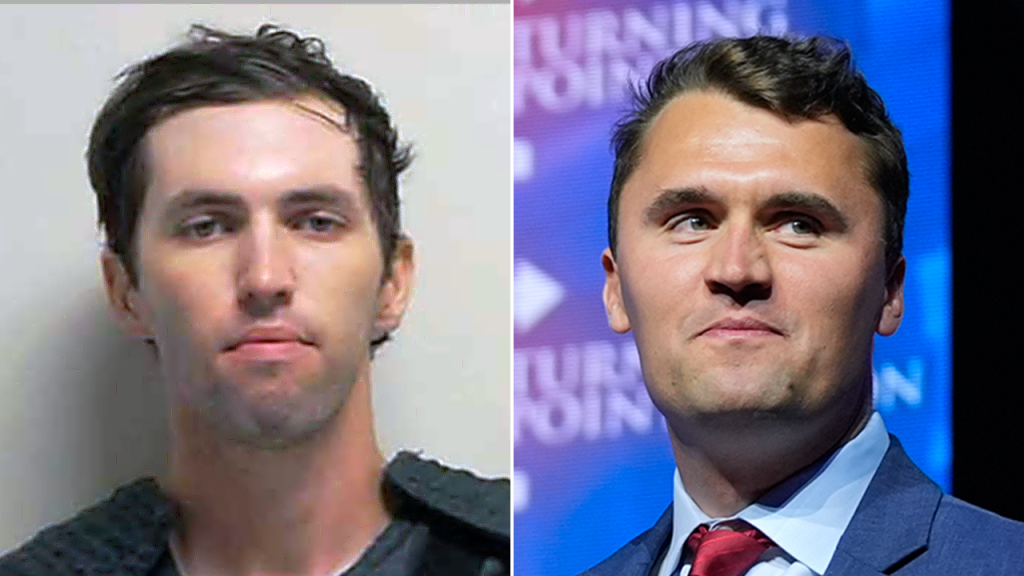The Aftermath of Charlie Kirk’s Assassination: Legal Proceedings and Death Penalty Discussions
As Utah prepares to formally unveil charges against Tyler James Robinson, the 22-year-old suspected of assassinating conservative activist Charlie Kirk, a significant legal question looms: Will prosecutors pursue the death penalty? This question has dominated conversations since Kirk’s tragic shooting on Wednesday, with Utah Governor Spencer Cox repeatedly calling for capital punishment in this high-profile case.
Robinson, currently held without bail at Utah County Jail, is accused of a calculated attack that shocked the nation. Authorities believe he positioned himself on a rooftop at Utah Valley University and fatally shot Kirk from approximately 200 yards away before fleeing to his home in Washington, Utah. Utah County Attorney Jeff Gray has been measured in his public statements, noting that while he cannot comment on specific charges during this early investigative stage, they will “likely be consistent with the preliminary charges” already filed. These initial charges include aggravated murder, felony discharge of a firearm, and obstruction of justice—with the aggravated murder charge being particularly significant for any potential death penalty consideration.
Under Utah law, seeking the death penalty requires prosecutors to prove an “aggravating factor” in the murder. Legal experts suggest that in Kirk’s case, prosecutors might argue that the shooting created a “grave risk” to bystanders at the crowded event. As Joshua Ritter, a legal analyst following the case, explained, “They would have to make the argument to the jury that there was a crowd of people around him, he’s shooting from 200 yards away…and that could have put others in danger. Which to me, that’s a fairly easy argument to make.” Without establishing such an aggravating factor, the maximum penalty would be life imprisonment rather than death. Additionally, if prosecutors decide to pursue capital punishment, they must formally notify the court within 60 days of filing charges.
The timeline for legal proceedings is becoming clearer as the case progresses. The official “criminal information” document containing the formal charges could be filed as early as Tuesday or as late as Friday if prosecutors request additional time. County Attorney Gray has emphasized that his office “will be thorough and deliberate at every stage of this case,” underscoring the methodical approach authorities are taking in this high-profile prosecution. After these charges are filed, Robinson will make his first court appearance, and the charging documents will become public, followed by an expected press conference from the prosecutor’s office with additional updates.
The case has attracted national attention and commentary from prominent figures, including former President Donald Trump, who stated that if Robinson is convicted, he hopes the suspect receives the death penalty. Beyond the state charges, Robinson could potentially face federal charges as well, opening another avenue for capital punishment consideration. The shooting has sparked renewed discussions about political violence in America, particularly as it occurred at an event sponsored by Turning Point USA and the university’s campus chapter—highlighting the increasingly dangerous polarization in American politics.
Kirk, who was just 31 years old and a father of two young children, had founded Turning Point USA as a national organization dedicated to engaging college conservatives and bringing more young people into Republican politics. His assassination represents not just a personal tragedy for his family and friends but also a sobering moment for political discourse in America. As legal proceedings unfold in the coming weeks, they will likely become a focal point for broader discussions about justice, security at political events, and the appropriate consequences for politically motivated violence in our increasingly divided society.


